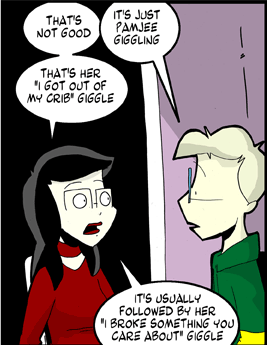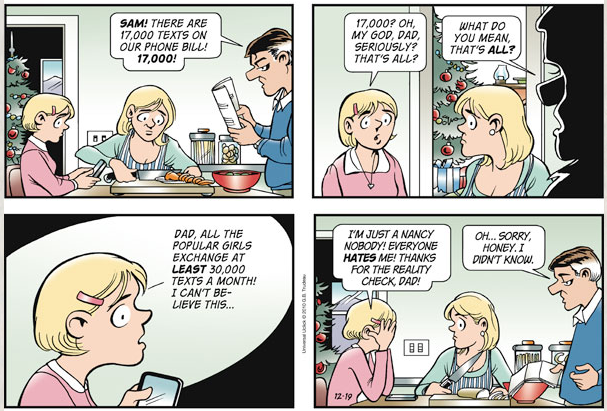 As we've discussed from time to time, some English proper names take a definite article ("the Times", "the Bronx") and others don't ("Language Log", "Brooklyn"). The public transport system in Boston is called "the T"; the public transport system in Philadelphia is called "SEPTA".
As we've discussed from time to time, some English proper names take a definite article ("the Times", "the Bronx") and others don't ("Language Log", "Brooklyn"). The public transport system in Boston is called "the T"; the public transport system in Philadelphia is called "SEPTA".
But sometimes, the same name for the same (in some sense) entity gets a definite article in one speech community, and not in another. Apparently people in the Los Angeles area generally use definite articles with freeway numbers ("the 101", "the 405"), although people elsewhere in the U.S. generally don't. (See Language Hat, "'The' + Freeway", 8/1/2010, for some discussion and scholarly references.)
Yesterday, JC Dill sent in the picture on the right, along with an interesting sociolinguistic commentary:
As you may know, there's a war of definite articles between San Francisco (SF Bay Area aka SFBA) and Los Angeles (SoCal). In the SF Bay Area we talk about taking 101 to San Jose, in SoCal they talk about taking the 101 to Ventura.
So it was with some surprise that I saw the Bank of America (formerly Bank of Italy, a SF company) ad in a MUNI bus stop today. Clearly this company has lost their SF roots.
Read the rest of this entry »
 Many parents are oblivious to the nuances of their children's paralinguistic vocalizations. But not Aubrey Chorde, from the
Many parents are oblivious to the nuances of their children's paralinguistic vocalizations. But not Aubrey Chorde, from the 
